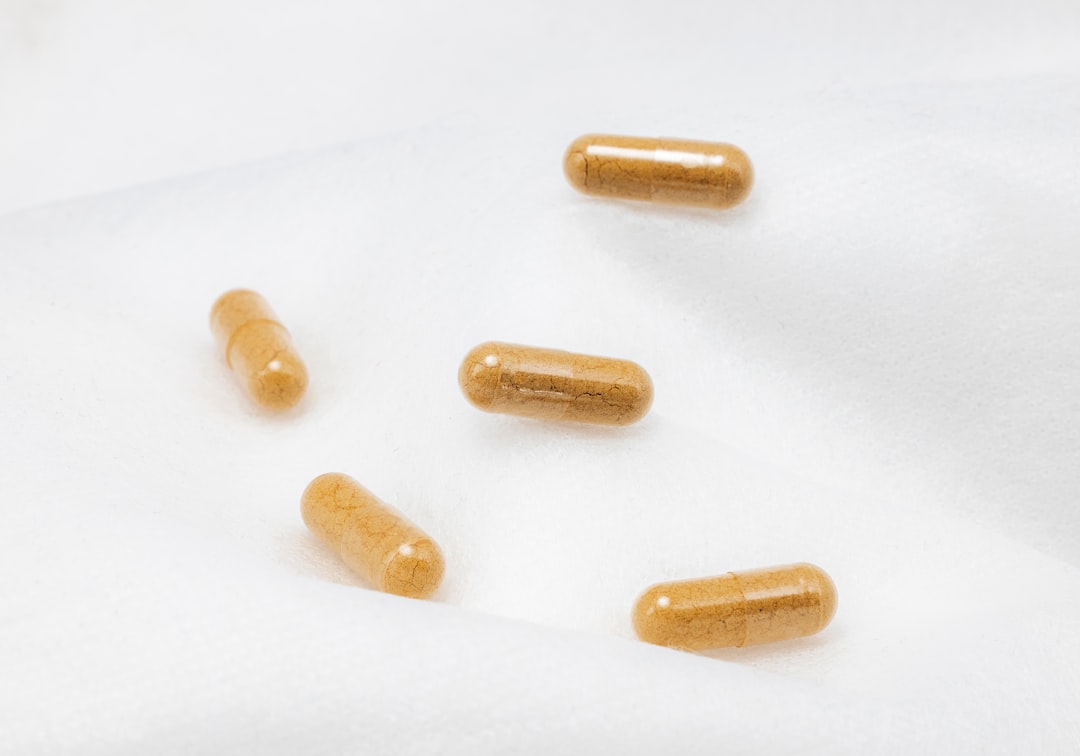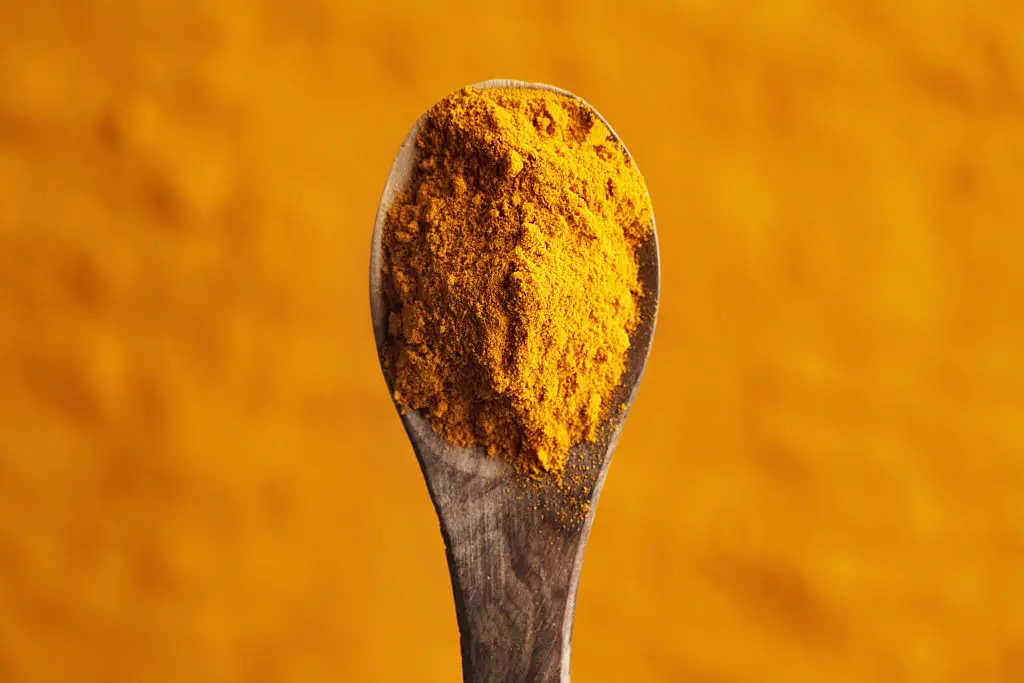7 "Anti-Inflammatory" Foods That Backfire on Your Gut Health
3. Probiotic Supplements — Too Much of a Good Thing

Probiotic supplements are commonly promoted as a quick route to balance the microbiome and reduce inflammation. They can help, but supplements are not one-size-fits-all. Overdoing a probiotic—taking multiple different high-dose products at once or continuing a single strain that causes symptoms—may lead to gas, bloating, and a sense that your system is "off." Some people feel worse before they feel better, but persistent or severe symptoms suggest the strains, dose, or need for a probiotic should be reevaluated. Experts often recommend a food-first approach: fermented foods, fiber diversity, and whole-food strategies usually create a more stable, resilient microbiome than indefinite supplement stacking. When supplements are useful, targeted therapy guided by a clinician or registered dietitian—choosing specific strains for a specific condition—tends to work best. If you try a probiotic and it triggers ongoing discomfort, stop and consult a provider to refine the plan. A measured, personalized strategy reduces the chances of a probiotic backfire.
4. Turmeric/Curcumin Supplements — Interactions and Liver Concerns

Turmeric and its active compound curcumin are widely praised for anti-inflammatory effects, and many people use culinary turmeric safely in meals. Problems more often arise with high-dose supplements. Concentrated curcumin can interact with medications—blood thinners and certain drugs used to treat chronic conditions—and, in rare cases, supplements have been linked with liver injury. Medical experts have noted that a portion of supplement-related liver toxicity cases in the U.S. trace back to herbal products, so caution is warranted. If you’re on prescription medication, plan surgery, or have a history of liver issues, talk with your clinician before starting high-dose turmeric capsules. For most people, using turmeric as a spice, pairing it with black pepper and healthy fats to improve absorption, and avoiding megadoses is a safer path. If you and your clinician decide a supplement is appropriate, monitor liver-related symptoms such as unusual fatigue, dark urine, or jaundice and check liver tests when advised. Small, food-based use keeps anti-inflammatory benefits with fewer downsides for many readers.
